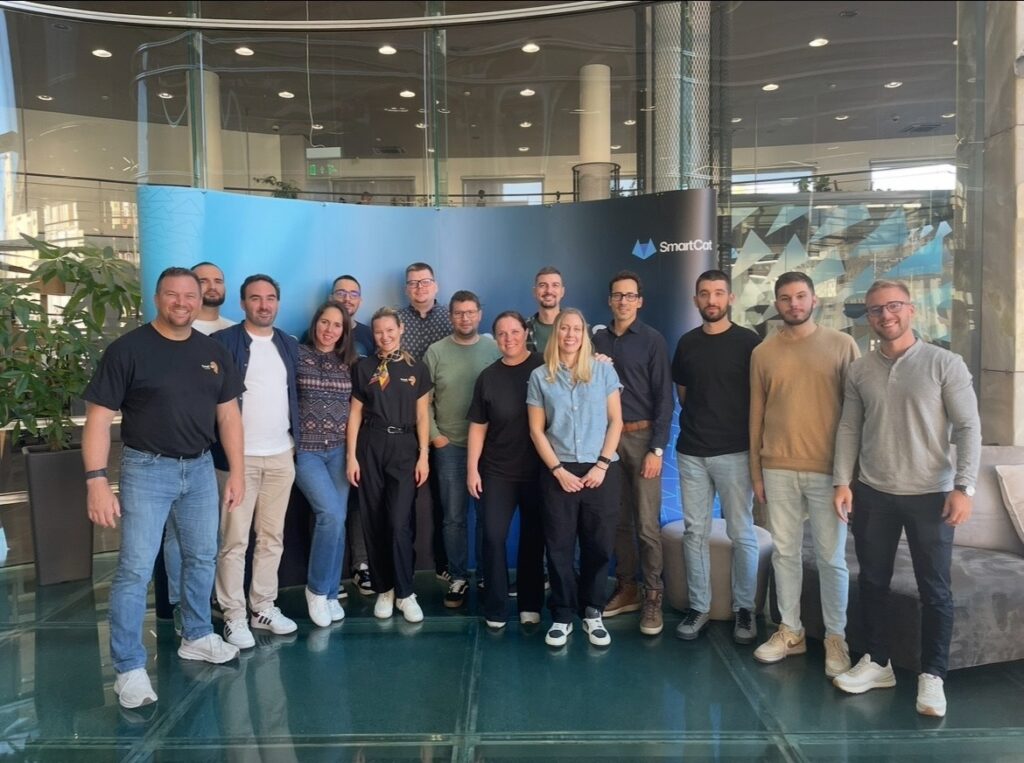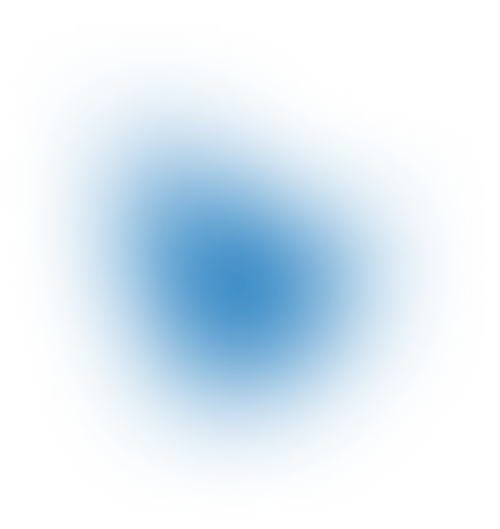Motiv turned platform deprecation into product innovation. Here’s how.
Jan 22, 2025


Major tech players have retired hundreds of solutions over the years. Google alone has deprecated more widely used software than most companies create in their lifetime. Whether or not we liked those services, the truth is that it’s never easy to switch.
Being a part of a larger ecosystem makes it even harder, especially if you are a vendor that provides consulting and implementation services for that ecosystem and a deprecated feature.
That’s usually the point when companies shift their business models seriously or even dissolve.
When our client, Motiv CX, heard that Oracle is deprecating their Oracle Content Management Cloud services, they tackled it by building a startup that replaces that platform.
Building Roar and Content Lion
Motiv CX provides implementation, integration and support for Oracle Customer Experience enterprise software. The announcement of Oracle deprecating their Content Management Cloud posed a significant challenge, but also an opportunity.
Approximately 2500 companies use OCM and they’d need something to replace OCM with. They did extensive market research and found out that existing alternatives proved either cost-prohibitive or unnecessarily complex for most users.
Drawing from years of hands-on experience implementing OCM across various enterprise environments, Motiv CX founded a startup called Roar and a platform Content Lion that aims to be the most cost affordable alternative to OCM while being simple enough.
On top of the standard functionalities (and to make experience seamless) they added features such as on-click data migration from OCM and a site builder.
In other words – cost effective, efficient and familiar.
Content Lion, in its MVP phase, would provide essential features:
- Digital asset management (DAM)
- Basic site builder capabilities for no-code website creation (connected with DAM)
- User management
- Collaborative document management
- Migration tools for transitioning assets and sites of OCM customers
- APIs and SDKs for integration and extension capabilities
Since their first target market are existing users, they gave special attention to the similar pricing structure as the OCM, but also features such as one-day migration and zero-trust security.
Their plans also entail e-commerce features which will set them miles apart from their competitors, because no content management system currently exists in such a form.
It becomes apparent that it’s not a small feat and you really need someone to work alongside you.
How SmartCat helped in shaping Content Lion through the product co-creation model
When Roar approached us, they really had a challenging task. We needed to replace and enhance the existing (and established corporate) OCM, and we had to do it quickly. David (CEO) approached us with a list of requests and a technical vision. In fact, they wanted a functional version in just six months, which caused many competitors to just back out.
Thanks to our shifting approach from the traditional team augmentation to product co-creation, we:
- Took part in refining the technical vision and made the tasks at hand far more realistic
- Delivered prototypes of user interface, backend, REST APIs and smaller components in just two weeks
- Organized the first sprint in just 3 weeks after the start of the collaboration
From the technical standpoint, we’ve used Oracle Cloud Infrastructure, REST APIs, Headless CMS and Agile Development Tools.
In classical collaboration models such as team augmentation, you always have that boundary comprising time sheets and not having much of a say in projects. Which is fine, but as the market has proven it repeatedly, it’s not a sustainable model for meaningful growth anymore.
When you’re co-creating the product with the client, deep enmeshment happens. You transfer your domain expertise and experience to actually shape the product from the ground-up, and the client shares their vision and their expertise.
Our role in this model is to be a technical partner, while also contributing through our business expertise. In other words, we don’t just take request sheets, timelines and budget lists and follow them blindly. We analyze them first and make additions to the overall vision, while also providing an alternative path to reaching the same business goal.erall vision, while also providing an alternative path to reaching the same business goal.
It’s way more beneficial for both sides. Client gets the best possible product, and a fully invested team, while the vendor gets deep product development insights. That’s how innovation happens.
On top of that, it allows you to move quickly because, in co-creation mode, you set the pace and priorities together.
In the end, the real magic happens when people gather, so we made our kick-off on-site (which we insist upon in product co-creation). We bet you can sense the energy already in David’s testimonial below.

“Innovation is the only competitive advantage and AI has changed the pace at which we need to move forward. SmartCat gets that.
And they are not just taking orders. They are true partners. “Tell me what you want to accomplish and I’ll help you do that.” That’s their style.”
David G. Ewing (CEO) on our collaboration
Content Lion proves once again that the product co-creation model is the future
What we’ve experienced again many times in the past, and especially now through the Roar partnership in building Content Lion, is that the landscape of software development is shifting toward product co-creation models.
Teams that have spent years implementing solutions understand not just the technical complexities, but also the business drivers behind them. They have witnessed firsthand which features matter, which workflows need optimization, and where existing solutions fall short.
In an era where software solutions are regularly retired, companies that combine implementation expertise with product development capabilities will continue to find opportunities. They understand not just how to build software, but why it matters to their customers.
We look forward to bringing Content Lion with Roar to the market in 2025. Stay tuned and, of course, make sure to follow Motiv and Content Lion, especially if you are in the Oracle ecosystem.




